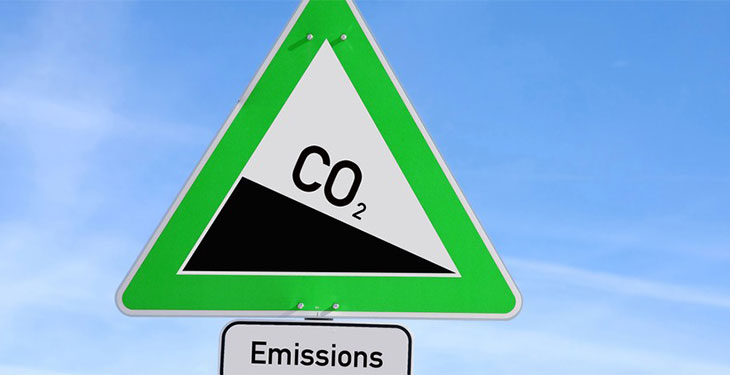Romania can increase its national income by almost three times in the next 30 years, if it implements measures to improve resilience to climate change and to reduce carbon emissions, the investments needed just for the development of a decarbonized energy sector being estimated at 356 billion dollars until 2050, the equivalent of about 3% of GDP, World Bank experts claim, in the Country Report on Climate and Development for Romania (RTCD), launched on Tuesday.
According to the document, our country is very vulnerable to climate change risks, especially floods and drought. At the same time, Romania’s economy is relatively intensive, based on coal, with an average of 2.5 times that of the European Union (EU).
“While the challenges related to the achievement of decarbonization are considerable, through an appropriate mix of structural, social and economic reforms and effective investments supported by public, private and European funds, Romania can increase its standard of living, achieving at the same time climate objectives,” said Marina Wes, World Bank country director for the European Union.
The specialized report notes, at the same time, that Romania is about to reach its goal for the year 2030 of reducing emissions by 55% compared to the level of 1990.
The centralized data in the analysis of the World Bank show that our country has already reduced its emissions by 53%, between 1990 and 2018. “However, fulfilling its commitment to neutrality of carbon emissions by 2050 will require political actions and substantial and coordinated financing. The investments needed just for the development of a decarbonized energy sector are estimated at 356 billion dollars by 2050, representing approximately 3% of the country’s cumulative GDP, for the same period,” the report states, according to Agerpres.
In the opinion of experts, with over 70% of Romania’s total energy consumption depending on fossil fuels, the energy transition is essential.
In context, the energy sector, which includes electricity generation, heating, transport and production, represents 66% of the total emissions recorded in Romania. This is followed by agriculture (17%) and industry (12%).
“To reach net zero emissions by 2050, Romania must implement a massive electrification program, replacing the direct consumption of fuels with energy generated from renewable sources. The RTCD demonstrates that the level of the additional cost of developing a greener electricity system and based on renewable electricity does not substantially increase investment needs. Increasing the energy efficiency of buildings, especially through better insulation, is also highlighted as an essential investment,” the cited document emphasizes.
The World Bank report offers a suggested path to climate neutrality by 2050, with a focus on several other priority areas in addition to energy sector decarbonisation. These include: decarbonising the transport sector, optimizing the use of water resources, as well as investing in human capital and skills,
“People are the key to the success of a green transition. The major shift from polluting to green sectors cannot be achieved without an adequately trained workforce. Therefore, Romania should invest in closing the skills gaps faced by the workforce of current work and to adapt its education system to prepare the next generation for the new economy and new jobs”, emphasizes Anna Akhalkatsi, Country Manager of the World Bank for Romania.
At the same time, the report notes the critical role of the private sector not only in the decarbonisation effort, but also in financing relevant investments, especially in the transport and electricity sectors, but also that a consolidation of the existing public-private partnership (PPP) framework could contribute to the mobilization of private financing.
“The green transition will generate unprecedented opportunities for growth, development and technology, starting from Romania’s existing strengths and potentially moving up the value chains. Public funding, including from the EU, will not be sufficient to meet Romania’s green objectives It is necessary to implement incentives for the mobilization of private capital on a large scale,” said Ary Naim, manager for Central and Southern Europe, IFC.
